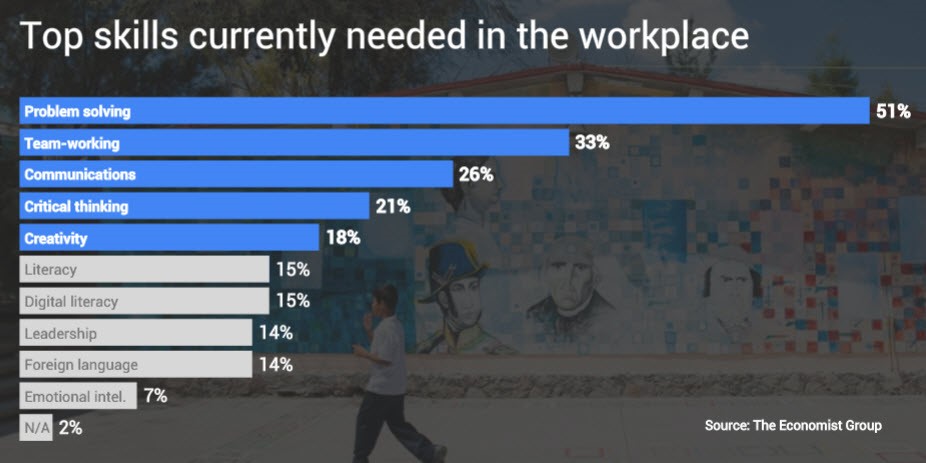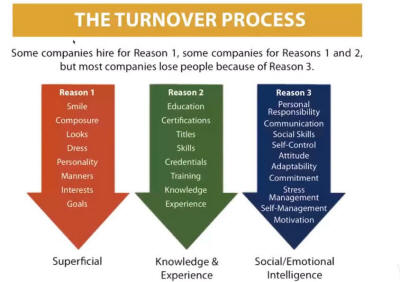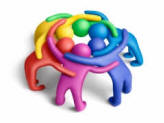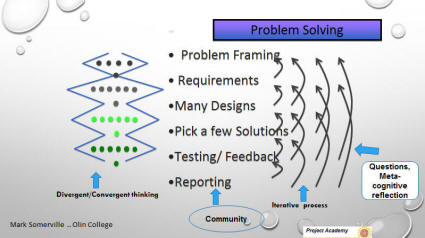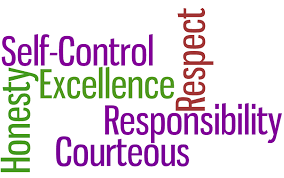|
Ownership Mindset |
||||||||||||||||||||||||||||||||||||||||||||||||||||||||||||||||||||||||||
 |
||||||||||||||||||||||||||||||||||||||||||||||||||||||||||||||||||||||||||
|
Enhancing your life-skills: ... Project Academy provides support to middle-school; high school students and people who are re-entering the work force of learning life-skills for college or career entry. We also offer after-school and pre-employment programs that build community and company value.
We are a Massachusetts 501( C ) 3 non-profit corporation dedicated to supporting drop-outs and HS graduates that have no career direction to learn skills that will help them succeed in a career or additional schooling (college and career readiness (CCR ))
|
||||||||||||||||||||||||||||||||||||||||||||||||||||||||||||||||||||||||||
|
Our unique "Ownership mindset" is more than a list of actions but a culture that includes norms and values that the individual believes and follows. The student learns to think like a business owner where they control their own business. They live by this culture of mindset thinking.
| ||||||||||||||||||||||||||||||||||||||||||||||||||||||||||||||||||||||||||
|
Uniqueness of the training:
The learning process with life-skills:
|
||||||||||||||||||||||||||||||||||||||||||||||||||||||||||||||||||||||||||
 
 

|
||||||||||||||||||||||||||||||||||||||||||||||||||||||||||||||||||||||||||
Lesson Plan
|
Lesson |
Description |
|
|
|
|
Overview above |
|
|
2 - Need for skills |
Show slides showing what corporation needs are and how they are changing to thinking skills. |
|
3- What are the skills? |
Start simply and build over time as part of your continuous learning |
|
4- What are our outcomes / Goals |
|
|
5- How will we measure this? |
|
|
6- Setting our schedule/ plan |
|
|
7- Deliverables and projects |
|
|
8-How will we learn all this? |
What’s our process for learning? |
|
9-Building our team |
Similar to a sports team/ Jazz group Project (build a model of a company with a poor culture & explain) |
|
10-What problem will we work on? |
Research and developing the Requirements Look for the root cause Project |
|
11- Problem solving process |
Project ( using wooden stirrers & glue, build a model that represents your solution) |
|
12- test- Reflection |
Do a reflection on analyzing your solution Project (how do you describe improving your solution?) |
|
13- Public reporting |
|
|
14- Celebration |
|
Use picture books/fairy tales as projects for the students; Pick a character, find a problem and design a solution
Tools/Quick notes:
| Web site for links to Life-Skills descriptions- home web site | Link | |||||||||||||||
|
|
||||||||||||||||
| Teaching Ownership | ||||||||||||||||
| Potential Corporate responsibilities |
enabling employees to build real ownership in the business open-book management, economic transparency, ownership culture |
|||||||||||||||
| Culture | ||||||||||||||||
Team
|
Another important proactive measure is ensuring that your team shares the same purpose, values, and identity
|
|||||||||||||||
| Team members questions to themselves | What do I bring to the team? 2. What are our commitments to one another? 3. What differences exist between us? 4. How will we operate? 5. How will we know we are succeeding? | |||||||||||||||
|
Learning life skills & having fun
The art or act of improvising, or of composing, uttering, executing, or arranging anything without previous preparation:
|
||||||||||||||||
|
Problem-Solving
|
|
|||||||||||||||
| Improv | File | |||||||||||||||
| Agenda-Business-Needs | File | |||||||||||||||
| Assessment/Rubrics | File | |||||||||||||||
| Questions & learning | File | |||||||||||||||
| Project framing | File | |||||||||||||||
| Picking the problem | File | |||||||||||||||
| Planning & schedule | File Getting set-up to do the project | |||||||||||||||
| Elevator pitch | File Short presentation of key items that you did | |||||||||||||||
| Mapping | File Information gathering plus how they are connected | |||||||||||||||
| Learning Process | File | |||||||||||||||
|
Brain Plasticity |
File | |||||||||||||||
|
Thinking skills
|
|
|||||||||||||||
| Learning targets | File Learning targets are short term goals or statements | |||||||||||||||
| Self-Reflection of the project | File | |||||||||||||||
| Benefits of the process | File | |||||||||||||||
| Preparing for the presentation check-sheet | File | |||||||||||||||
| Scamper | File Coming up with ways to find new ideas | |||||||||||||||
| Links from home page of Project
Academy
the mental and moral qualities distinctive to an individual |


